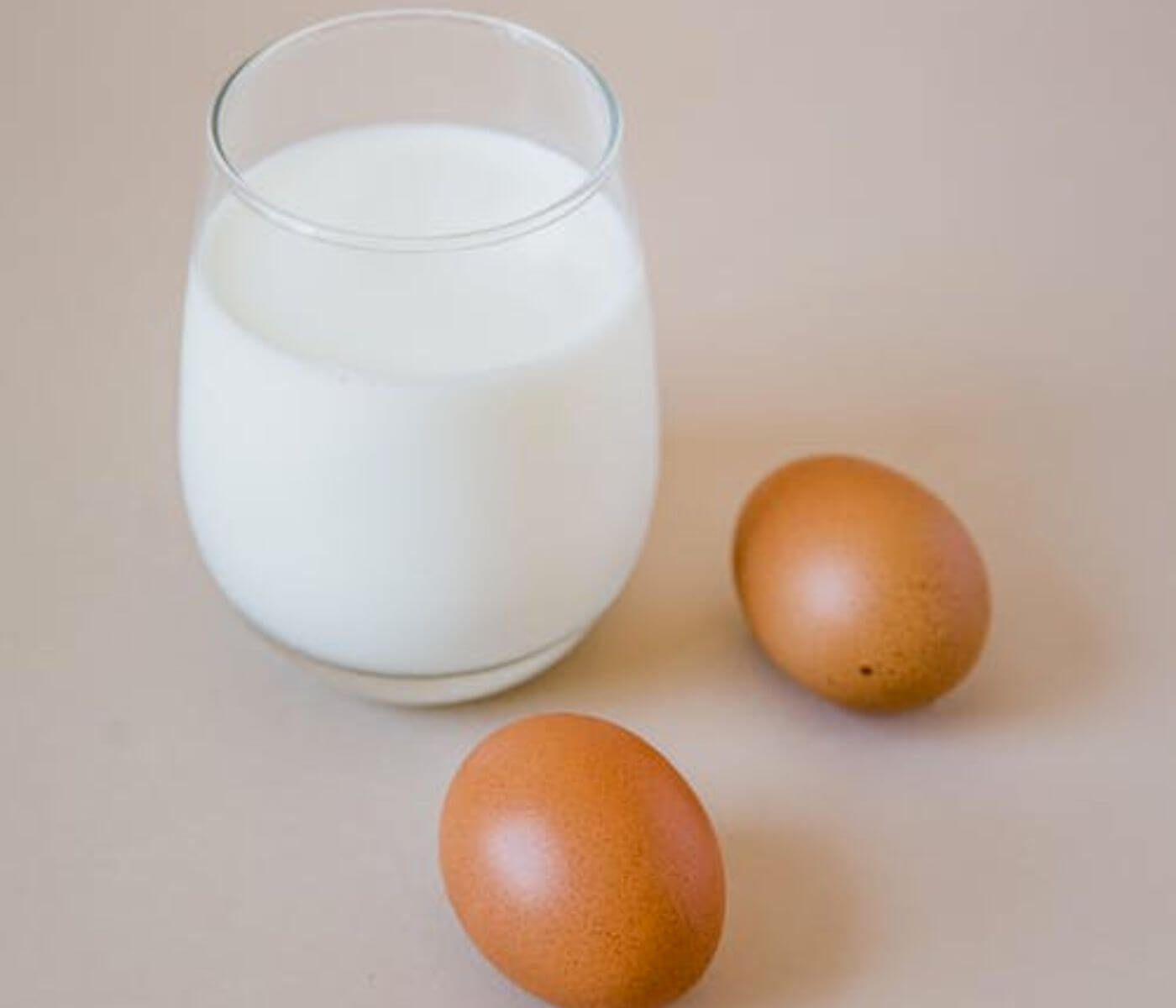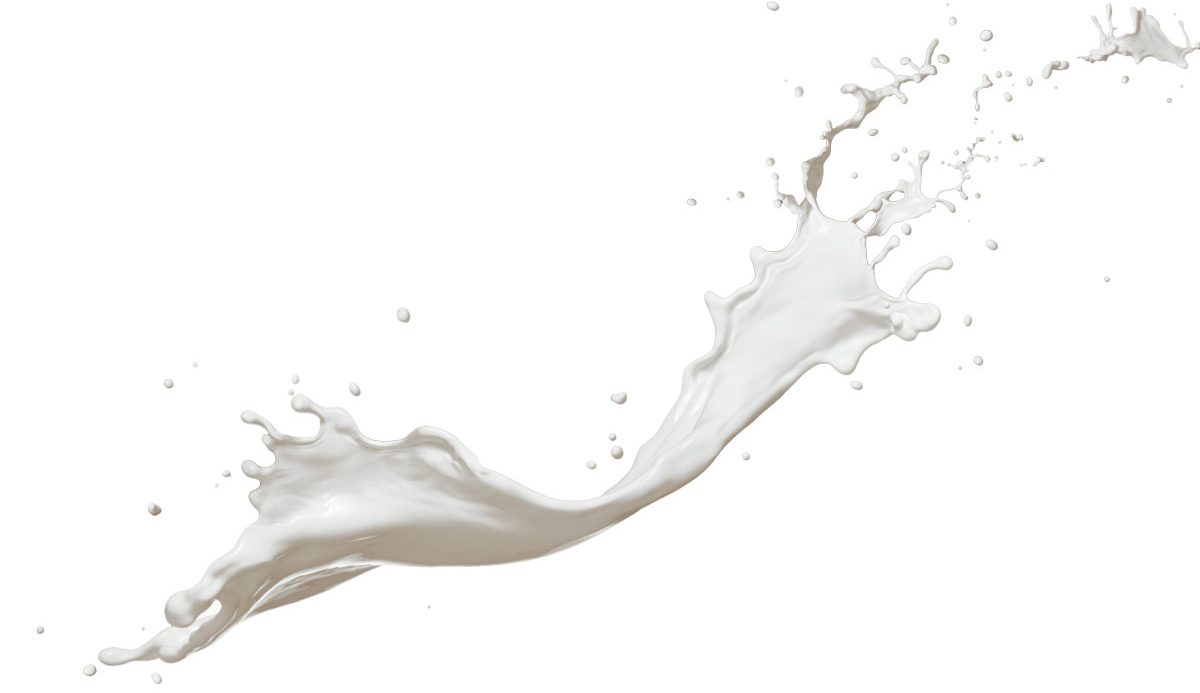 07 Feb 2023
07 Feb 2023
Vitamin B12 is an essential type of vitamin for humans and is found in foods from animal origin. Much has been said about its importance for human diets, but what are its actual benefits? What is vitamin B12 for? What are the consequences of excluding this type of vitamin from diets?
What is vitamin B12 for?

Vitamin B12 derived from animal origin contributes to maintaining health levels in humans and is a key nutrient in all diets. Its importance is related with its contribution towards the adequate functioning of the central nervous system as well as its role in the synthesis of important blood components. Some of its main functions are:
In short, vitamin B12 is essential for the well-being and overall health of individuals. Hence,its absence in any diet can lead to all kinds of health problems.

As we said, this type of nutrient is found mainly in foods of animal origin, such as:
 The livestock sector is mainly responsible for the production of vitamin B12 rich foods. Considering the fact that the main source for this nutrient is found in those animals that are raised within the agricultural sector.
The livestock sector is mainly responsible for the production of vitamin B12 rich foods. Considering the fact that the main source for this nutrient is found in those animals that are raised within the agricultural sector.
Some of the major many benefits associated with the consumption of vitamin B12 rich foods are:

A diet with low vitamin B12 levels can have detrimental health effects. People who do not include this type of nutrient in their diet, experience extreme weakness and constant exhaustion. They tend to feel as if they are lacking strength and they are highly prone to becoming sick.
It is normal for this type of problem to appear in those whose diets are mainly composed of plant based foods. Although it is true that pharmacies sell over-the-counter vitamin supplements for people whose diets are 100% vegan or vegetarian in order to mitigate deficiencies, these supplements can also cause several side effects. Therefore, people who decide to adopt this type of diets, must resort to qualified nutritionists and physicians in order to receive proper guidance regarding the supplements that they must incorporate.
You may also like to read: “Fat soluble vitamins: A review of their levels in animal feed”
Subscribe now to the technical magazine of animal nutrition
AUTHORS

Nutritional Interventions to Improve Fertility in Male Broiler Breeders
Edgar Oviedo
The Use of Organic Acids in Poultry: A Natural Path to Health and Productivity
M. Naeem
Synergistic Benefits of Prebiotics and Probiotics in Poultry, Swine, and Cattle
Gustavo Adolfo Quintana-Ospina
Hybrid Rye Potential in Laying Hen Feed Rations
Gwendolyn Jones
A day in the life of phosphorus in pigs: Part I
Rafael Duran Giménez-Rico
Use of enzymes in diets for ruminants
Braulio de la Calle Campos
Minerals and Hoof Health in the Pregnant Sow
Juan Gabriel Espino
Impact of Oxidized Fats on Swine Reproduction and Offspring
Maria Alejandra Perez Alvarado